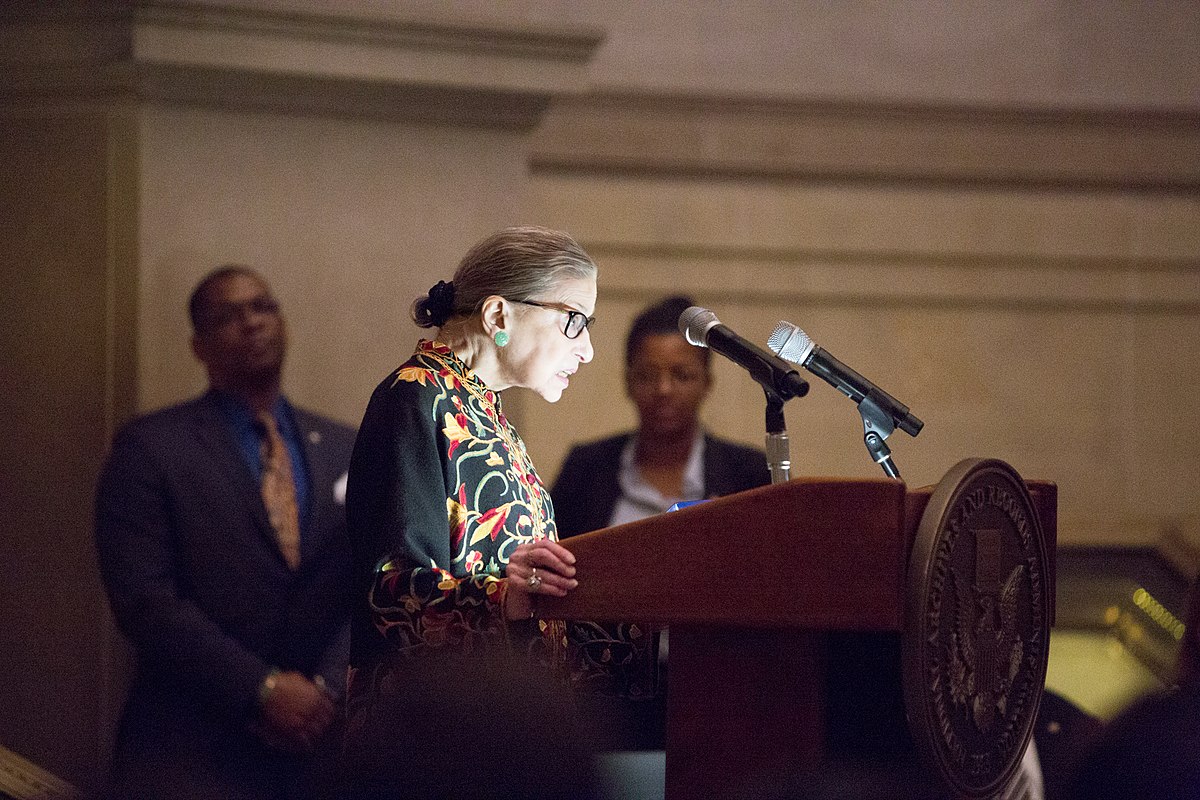Studying law as a woman can be daunting. Despite that women are pursuing careers in law more now than ever before, we are still studying institutions created by powerful men, with the original purpose of serving those powerful men. Landmark Supreme Court of Canada decisions that promoted feminist ideals—such as R v Morgentaler, which legalized abortions—are not very far back in our rearview mirror.
Even today, sexism runs rampant in our courtrooms. For instance, Robin Camp, a former Federal Court judge, told a rape survivor in 2014 that she should have kept her “knees together.” Legal education itself often contributes to this cycle. In law classes, women are not always valued by their male peers. As a law student at McGill, there have been times in class discussion groups where I was the only woman, and I felt invisible at best and disregarded at worst.
Although more women now have a seat at the table, much work remains to be done in order to secure gender equality in legal institutions. Contemplating this can be frustratingly sad. At other times, it inspires me to push forward and use my degree for good. Former U.S. Supreme Court Justice Ruth Bader Ginsburg, who passed away on Friday, Sept. 19, will live on in my memory as a motivation to pursue my legal education.
When I accepted my McGill Law offer in 2018, I had aspirations for the education I was embarking on and my subsequent career. These ambitions came from women before me—lawyers and judges—that paved the way for women in law. Justice Ginsburg was the epitome of this. She fought relentlessly for gender equality and worked tirelessly to serve the American people until the day she died. As the second-ever female U.S. Supreme Court justice, RBG was a trailblazer. Strong women like her have inspired me to seek leadership positions and to advocate fearlessly for the issues in our community.
Ginsburg is best known for her dissents. Diverging from the majority is often frowned upon within legal circles, given that we dislike confusion from the highest court. Yet, RBG spoke up when she disagreed, and did so with vigour. In this sense, Ginsburg inspires me to be, as she has been described, “tough as nails.”
In the hours following the announcement of RBG’s passing, I felt sick to my stomach. Someone who I saw as a role model and as a champion for gender equality had become a political pawn within minutes of the announcement. It reminded me of a POLI 348: Gender and Canadian Politics reading from this semester—The Second Sex by Simone de Beauvoir. De Beauvoir argues that, through a process known as “othering,” the value of a woman is defined by her relationship to man. She becomes the “woman behind the man” instead of just being herself. In the context of Ginsburg’s passing, I found this to be especially true. Her personal achievements are being overshadowed by the effects her death has had on men, such as President Donald Trump and former Vice-President Joe Biden. Instead of being remembered for tenaciously working until the age of 87—at times battling bouts of cancer—to advance gender equality in the U.S., the media has focused on the implications her passing may have on the presidential election. Her legacy is being defined by her relationship to men and politics.
This absolute disregard of an accomplished woman’s life disappoints me, but it is nothing new.
Yet, Ginsburg made us feel like we deserve a seat at the table—because we do. In many ways, she actually gave us that seat. It is important to remember her for the profound effect she has had on women studying law and the progress she made for women in the U.S. In a world where women do not always get the praise that they deserve, let us not forget to give Ginsburg the applause that she merits.









